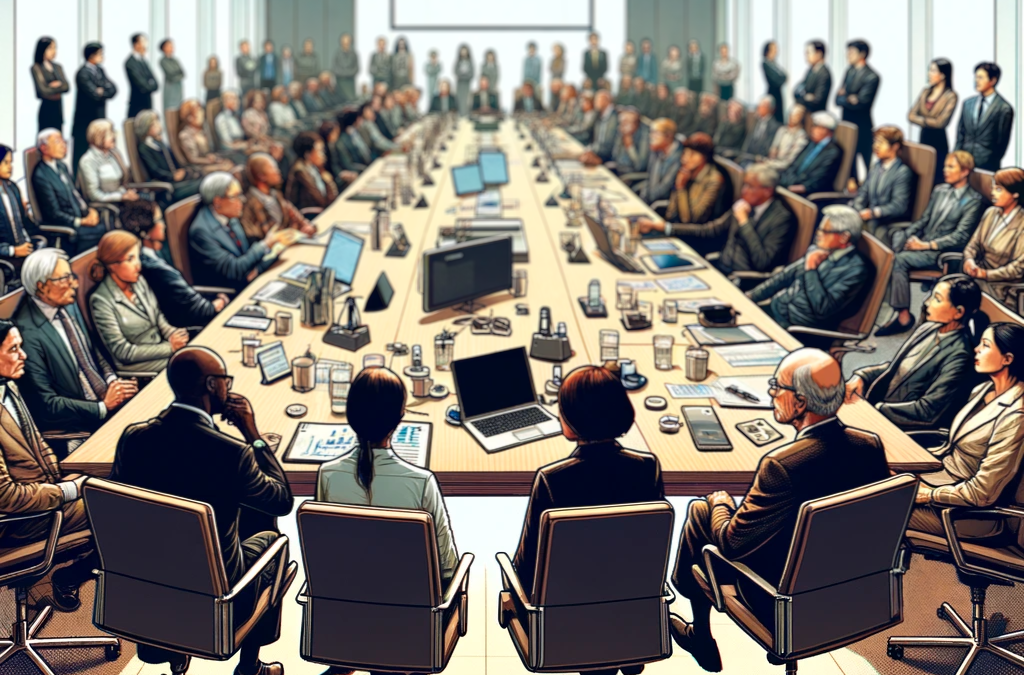Let’s navigate the choppy waters of meeting overload and chart a course towards productivity and innovation.
The Impact of Excessive Meetings:
- Productivity Plunge: Meetings can devour time meant for focused work, pushing deadlines and tasks into the realm of the unmet.
- Disengagement & Dissatisfaction: Repetitive meetings can drain enthusiasm, leading to burnout and a drop in morale.
- Analysis Paralysis: Over-discussion stifles decisions, slowing down progress.
- Inefficient Communication: A heavy reliance on meetings for communication can create barriers, information silos and reduce the effectiveness of collaboration.
- Creativity & Innovation Block: Structured meetings might limit out-of-the-box thinking.
- Resource Drain: Time, effort, and technology spent on unnecessary meetings can be costly.
Why the Meeting Frenzy?
- Embedded Culture: A habit of scheduling meetings without clear purpose or direction. “It’s how we’ve always done it”.
- Lack of Clarity: Unclear goals and inadequate preparation for meetings lead to longer, less productive discussions.
- Micromanagement: A tendency towards micromanagement can result in an increased number of meetings, as managers seek to closely monitor team progress.
- Fear of Missing Out: Employees may attend meetings out of concern for missing critical information, regardless of their direct involvement.
- Tech Ease: The ease of scheduling meetings through digital platforms can inadvertently encourage an excess of meetings.
Strategies for Reducing Meeting Overload
- Establish a Meeting Policy: Implement clear guidelines for when and how meetings should be conducted to ensure they are purposeful and efficient.
- Promote Asynchronous Communication: Encourage the use of emails, collaborative platforms, and other tools for sharing information that does not require immediate discussion.
- Alternative Meeting Formats: Consider shorter stand-up meetings, decision-making huddles, or brainstorming sessions as alternatives to traditional meetings.
- Respectful Etiquette: Promote engagement and minimise distractions.
- Leverage Decision-Making Tools: Use polls, surveys, and collaborative documents to facilitate decision-making without the need for a formal meeting.
- Empower Teams: Trust in the ability of managers and teams to manage their workflows and make decisions without constant oversight through meetings.
Lastly and Most Importantly …
- Respect & Empathy: Respect and empathy go a long way. Respect the time and effort people have to commit to their daily duties by not cutting their available work time short!
How has meeting overload affected your work, and what strategies have you found effective in combating it? Join the conversation on Linkedin …

